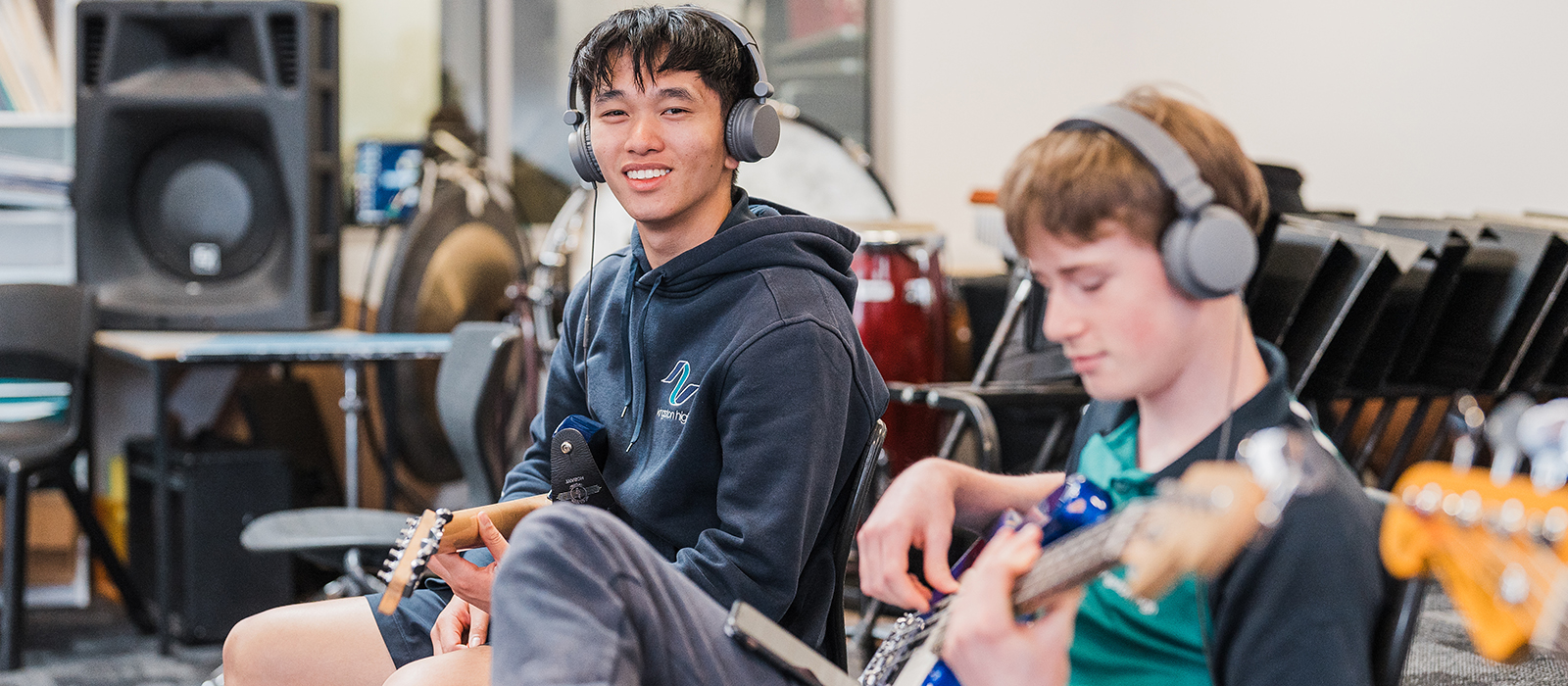
Start filling your year work exposure opportunities
In Year 10, you’d want to have an idea about what your interests, skills and values are. So now it’s all about trying to match this knowledge about yourself to potential options by exploring courses, work experience and work opportunities. At this point, things become a little more serious, but also potentially a lot more exciting as you explore courses and career possibilities, and start to flex.
Must Knows
A few things you must be on top of for an epic year
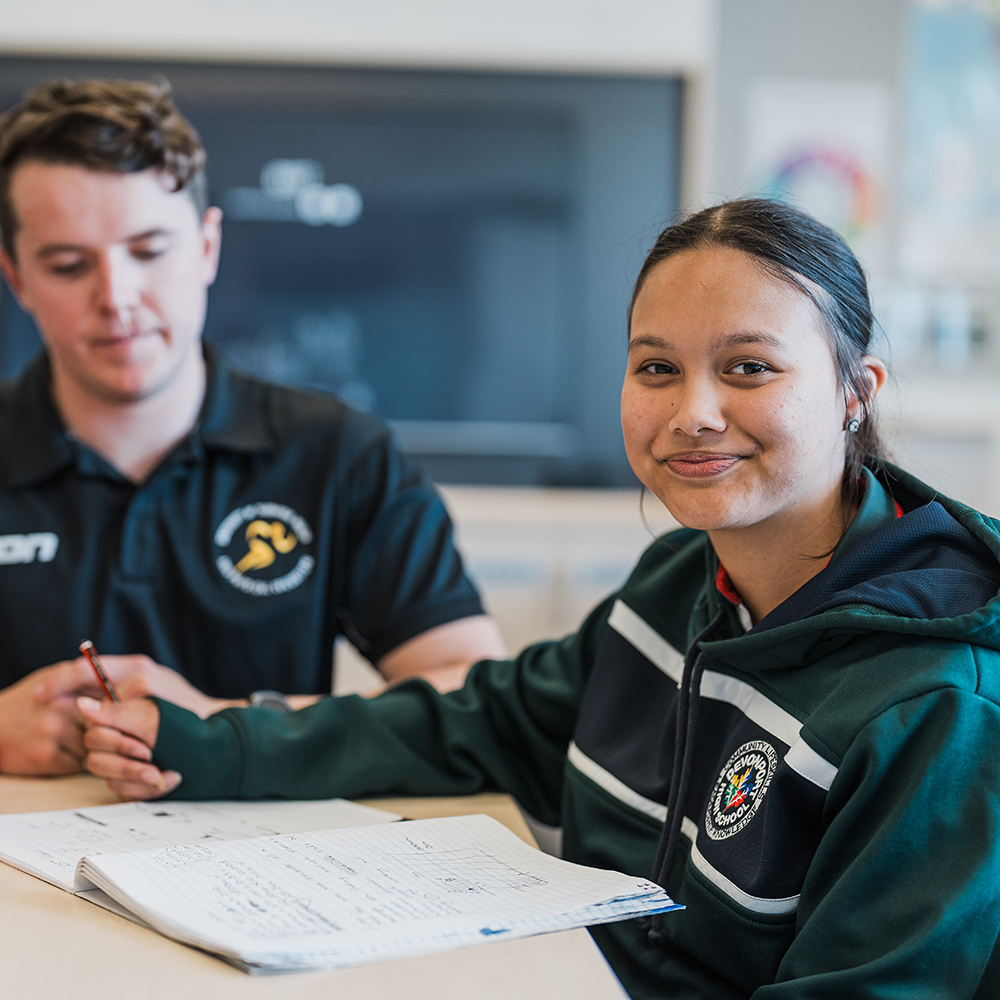
Here’s some lingo you’ll need to be across
The Tasmanian Certificate of Education (TCE)
The TCE is the qualification you’ll get in Years 11 and 12 when you finish school in Tassie. Check out the TCE explainer video
The Tasmanian Certificate of Educational Achievement (TCEA)
The TCEA is a certificate you can achieve if you’re unable to get the TCE qualification. You’ll find heaps of useful info on the TCEA by watching the TCEA explainer video
The Australian Tertiary Admission Rank (ATAR)
This is a ranking system to help you get into uni. The better your ranking, the more uni options you’ll have. Check out the ATAR explainer video
Vocational Education and Training (VET)
This is nothing to do with being a vet! It’s a type of learning that is very much ‘hands on’ with an industry focus. Find out more with the VET explainer video
What are the career pathway options and support for young people with disabilities?
Deciding on a career path in high school is a serious challenge for any student. It’s exactly the same for students who may have a disability – why wouldn’t it be? Perhaps you have no idea what you’d like to do after you leave school. Or you might be having doubts about yourself and how your disability will affect your employment, and that’s ok. Just remember, the sooner you start thinking about your career options, and the pathways that can help you get there, the better. Let’s get started!
What support and resources are available for Aboriginal and Torres Strait Islander students?
If you’re an Aboriginal or Torres Strait Islander student moving from Year 10 into Year 11 and 12 or other pathways, we’ve collected some information to help you explore your options or support the path you’re on. waranta tapilti – let’s go!
Thinking of doing any training courses? You’ll need a USI number
USI stands for ‘Unique Student Identifier’. It’s a reference number you’ll need if you end up doing any training courses in the future i.e. like First Aid, Responsible Service of Alcohol, Barista or any VET course. Find out how they work and how to get a USI number
When you get a job you’ll need to get a tax file number
If you want a casual job then you’ll need to pay tax to the government on what you earn (sorry ‘bout that). This means you’ll need your very own tax file number (TFN) which is like a reference number so they can tax you. Get some useful info on what a tax file number is.
Want to earn why you learn? Find out about apprenticeships and traineeships
Apprenticeships and traineeships are training opportunities with an employer. They could last between 12 months to 4 years with an employer. Apprenticeships tend to cover skilled trades i.e. plumbers, electricians, carpenters, etc. A traineeship can cover a broader range of occupations i.e. office administration, IT, retail. They’re run either part-time or full-time. Find out from the Fair Work website what the difference between an apprenticeship and traineeship is.
Want to gain workplace experience and training while you finish school?
There are some apprenticeships and traineeships options where you can get paid! It’s where you spend a few days at school and a few days employed and training during the week. It might be an option for you in Years 10 or 11. Find out how Australian School based Apprenticeships are the smart way to ‘earn and learn’.
Want to know where you can access industry-standard training facilities?
Trade Training Centres (TTC) are purpose-built facilities where accredited training takes place. Access to TTC is available to school students around Tassie. Find out more info on TTC’s.
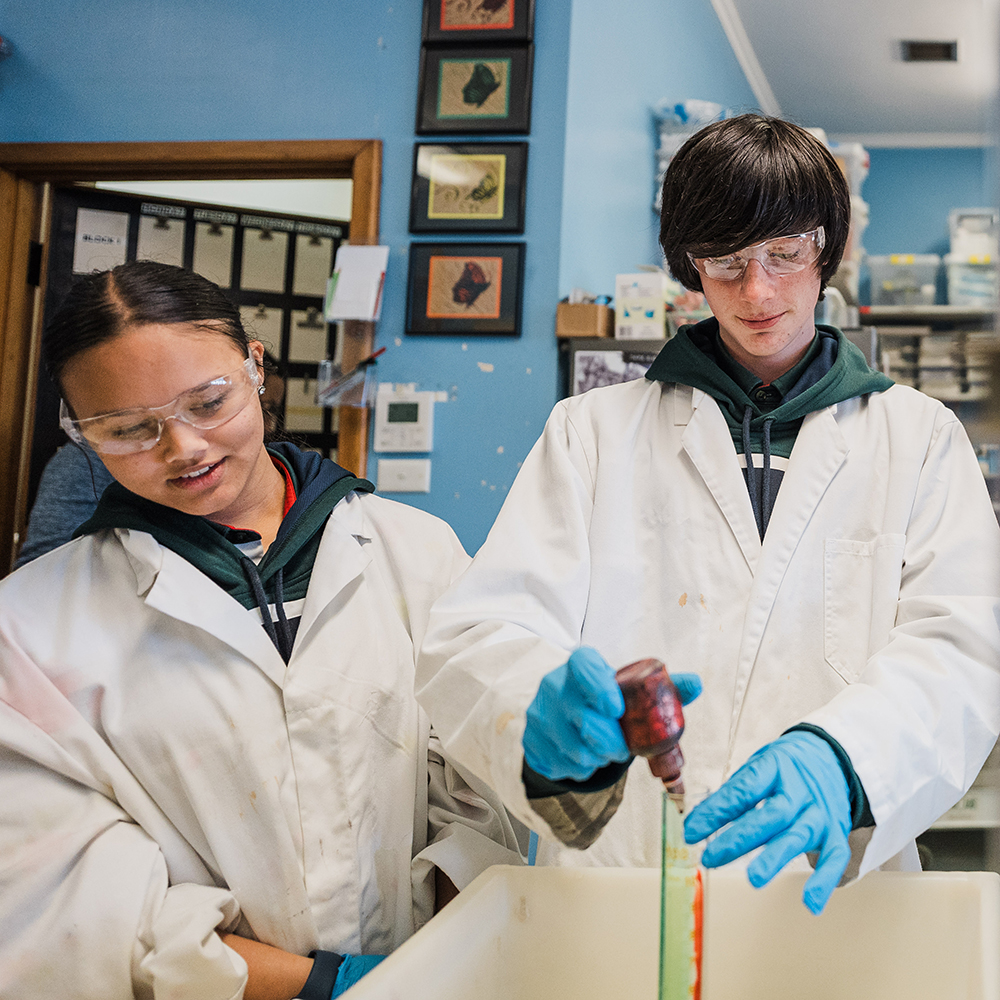
Must Do’s
Some super important ‘must do’, no excuses, stuff to do in Year 10
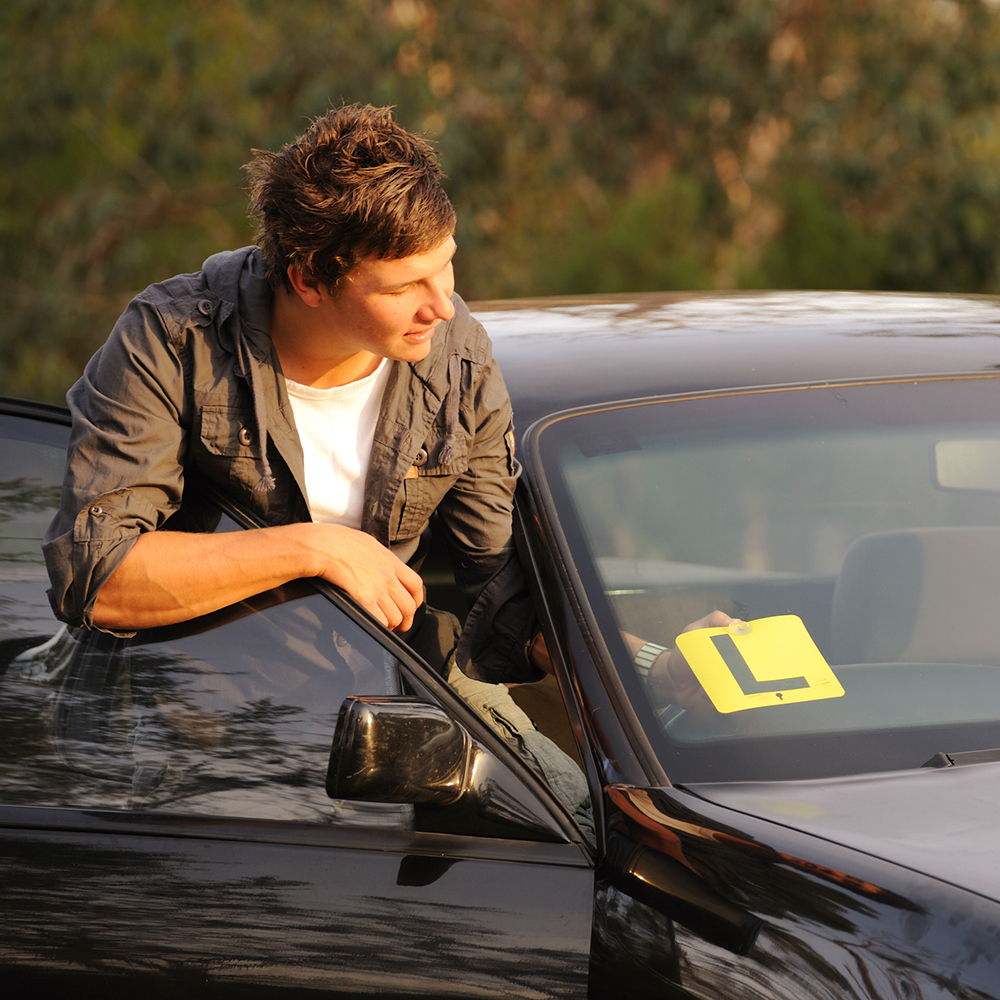
You’ll be asked to do a Transition Plan
This year you’ll be putting together a plan on what type of education and training you want to do in Years 11 and 12. It’s called an ‘Approved Program of Learning’ or ‘ALP’. This is called a Transition Plan and will be provided to your principal in Term 4 to give it the ok. Learn more about Transition Plans.
Check out Year 11 and 12 courses
- You may want to work towards achieving your TCE during Years 11 and 12. See what you can study and where in the Year 11 and 12 Course Guide.
- Work backwards and figure out what subjects you’ll need to complete in Years 11 and 12 to get into those uni or TAFE courses. These are called ‘pre-requisites’. Visit UTAS courses, visit TasTAFE courses and then delve into the Year 11 and 12 Course Guide.
Get your L’s and get behind the wheel
As soon as you hit 15 years and 11 months of age, you can apply for a learners licence in Tassie. Then you’ll need to find someone brave enough to sit in the passenger seat while you learn to drive. Find out about getting your learners license.
Enrolling in a VET (Vocational Education Training) course? Prep for the interview
Did you know that enrolling in a VET course at school can often include having an interview? Have a chat with your teacher on how best to prepare for the interview.
Start Exploring
Cast the net far and wide exploring stuff. You’ll be amazed at how many courses and occupations fit your skills and passions.
Want to be job ready? Apprenticeships and Traineeships could be an option
Find out what apprenticeships and traineeships are. You can do them during school or after Year 12, or it could be an option to do whilst working towards your ATAR. Read more on the Fair Work website about apprenticeships and traineeships.
Give different extracurricular activities a shot
Try different stuff to help discover new interests, talents and skills. It’s great for your confidence and helps you to build new skills and friendships. Plus, it goes down well with future employers too.
Test your occupation or course ideas via work exposure events
Attend as many ‘work exposure’ events as possible. It’ll be great for a taste of what you can expect in a chosen job, industry or course. A bit like a ‘try before you buy’, these events help you test any ideas you have, so keep an open mind. Chances are you might discover something that is bang on for you (and if not, then keep trying). Find out more on work exposure events. To see what’s coming up in the next few months in Tassie check out our calendar of events.
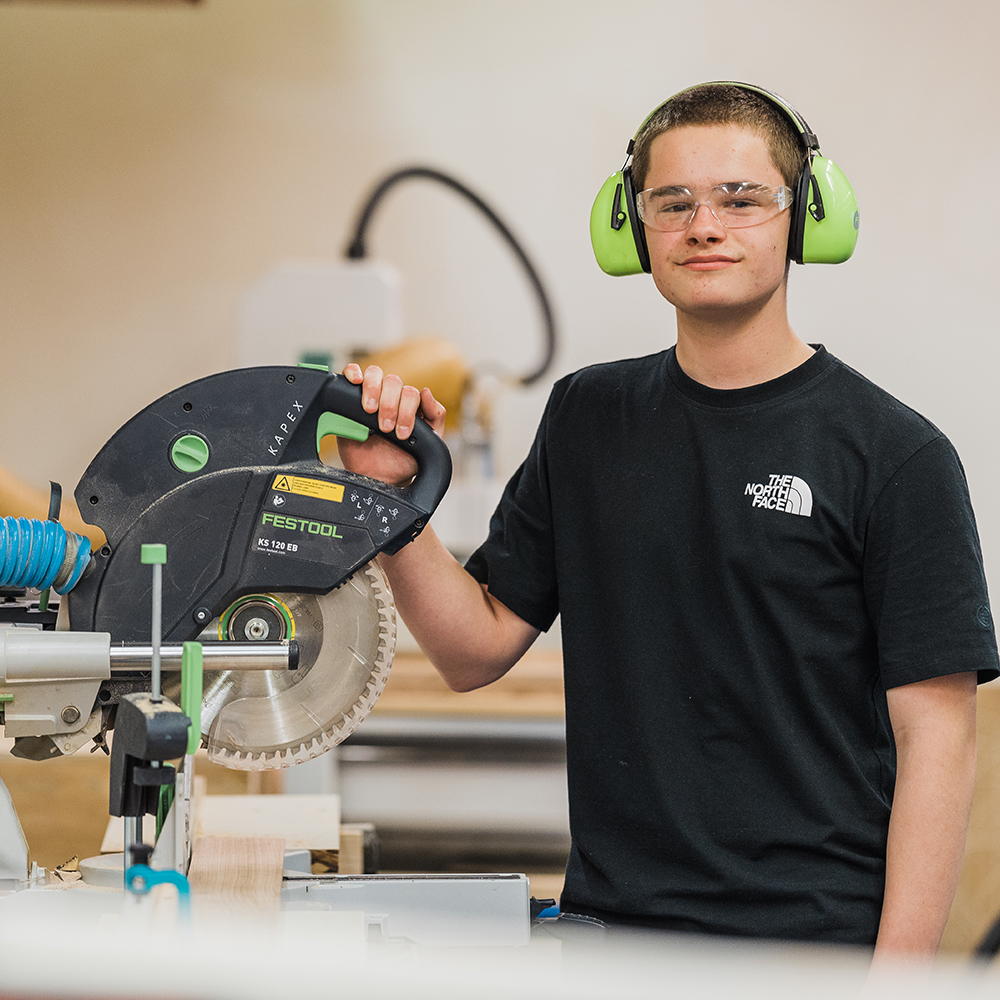

Try work experience
Try doing work experience to learn what an occupation, industry or business is like to work in. Hopefully it ticks all the right boxes, but if not, then it’s better to find out sooner rather than later. Chat to a Teacher or Career Advisor to find out how this can be arranged.
Visit uni and TAFE open days
If you’re thinking about going to uni or TAFE after Year 12, check out the Open Day events they have. Informative and friendly, these days show what courses are on offer and what life is like. See TasTAFE events or UTAS events.
Size up schools that offer the Year 11 and Year 12 courses you’re keen on
Shortlisting courses to study in Years 11 and 12? Don’t be shy, go to school Open / Orientation days to learn more about the courses and facilities.
Get job ready
There are so many opportunities to develop those job-ready skills.
Consider Work-based Learning, volunteering or even a School-based Apprenticeship
Look into short courses, they can help you skill stack
You can start learning a bunch of different skills that build on your ‘employability’. That’s a fancy way to impress employers that you have a stack of relevant and transferable skills. Short courses range from First Aid, White Card, Responsible Service of Alcohol (RSA), a Barista Certificate and loads more. To see what’s on offer check out TasTAFE short courses.
Give back to your community and volunteer
Volunteering is a top way to give something positive to your local community. It’s a good opportunity for you to see what different workplaces and jobs are like. It helps you to develop new skills and meet new people. And it looks pretty impressive on your CV, just quietly. See what sort of opportunities there are at Volunteer Tasmania.
Get interview-confident and practice
Like anything, practise makes perfect. To give yourself the best chance of landing a job, you need to nail the interview. Read about getting confident for interviews
School leadership opportunities
Give a leadership role at school a go. It can be a great way to develop skills that employers value, like team work, public speaking, organisation skills and how to deal with conflict. Plus, it’ll be fun! Talk to the existing leadership team to see if it’s something for you.
Learn to write a CV/Resume and cover letter
Almost every job out there requires you to submit an application. See these handy guides on how to write a CV, and what to say in a cover letter.
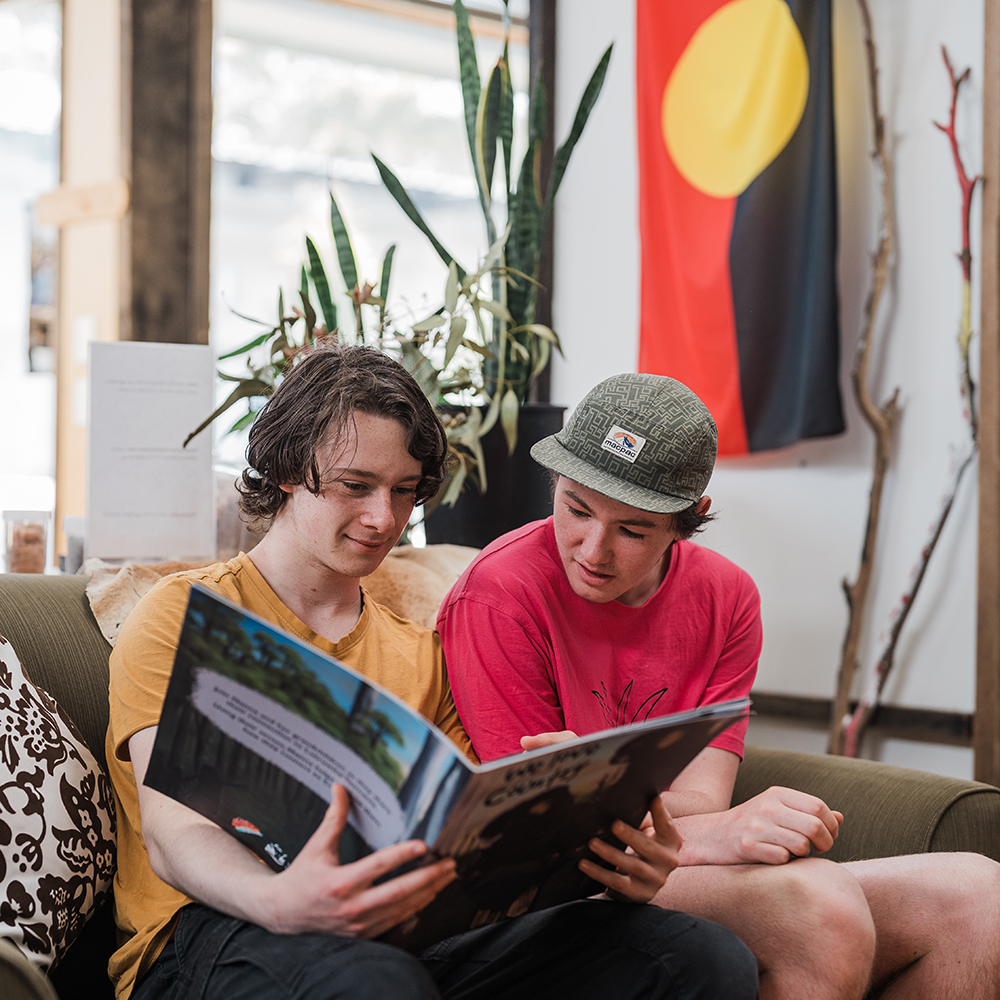
Key takeaway
Use this year to cast the net wide and to explore who you really are. Don’t be afraid to give things a red-hot crack, whether it’s short courses, volunteering, leadership opportunities and more.
